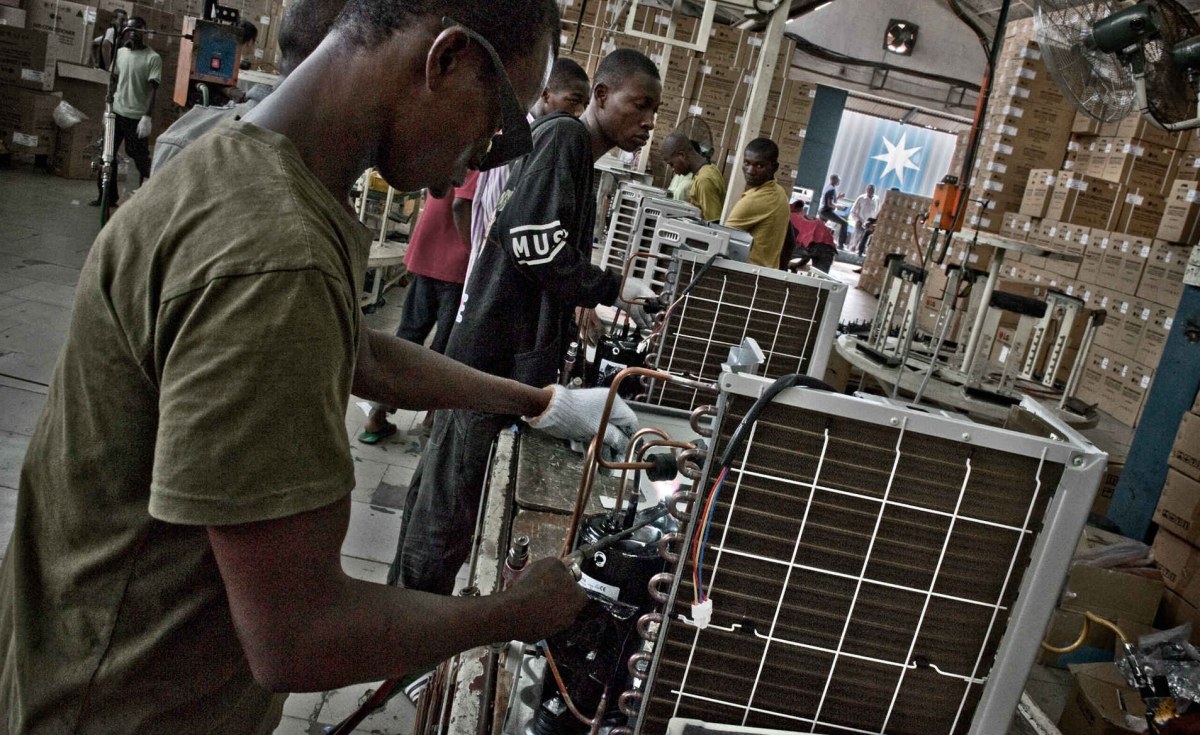There are no products in your shopping cart.
| 0 Items | £0.00 |

Ayo Akinfe
[1] Every one of Nigeria’s 774 local government areas must have at least one industrial estate. Failure to establish one within one year of assuming office will make a local government chairman liable to face criminal, treason and economic sabotage charges
[2] No licences will be issued to any faith house to open a church or mosque unless such premises also involves the construction of an industrial complex which shall employ at least 50 people
[3] Every local government chairman shall organise producers of primary commodities within his or her domain into a cooperative. Such cooperatives are compelled by law to engage in semi processing
[4] It will henceforth be illegal to export any good from Nigeria unless there is at least 50% value addition to that product
[5] No federal, state or local government representative is allowed by law to enter into import contracts that do not involve locating a manufacturing facility in Nigeria. Every good we purchase from abroad must at least be assembled locally. Waivers may be given for specific and specialist products
[6] Every one of Nigeria’s 36 states must open a power generating plant and an accompanying transmission and distribution facility. It must be sufficient to meet local power needs
[7] Any state that does not attract up to $1bn in foreign direct investment annually will automatically be declared unviable. A state of emergency will be declared in such a state until it meets the minimum national requirement of $1bn
[8] The value of manufacturing output in every state must at least meet its running costs. A failure to do so will result in a state of emergency being declared
[9] A special Manufacturing Bank of Nigeria shall be floated. It will offer interest-free loans to industrialists and manufacturers. Traders and importers will not have access to such loans
[10] The federal government will take out a 25% stake in a Christian Bank of Nigeria and an Islamic Bank of Nigeria. Their statutes of registrations will not allow them to charge interest rates of more than 5% to industrialists